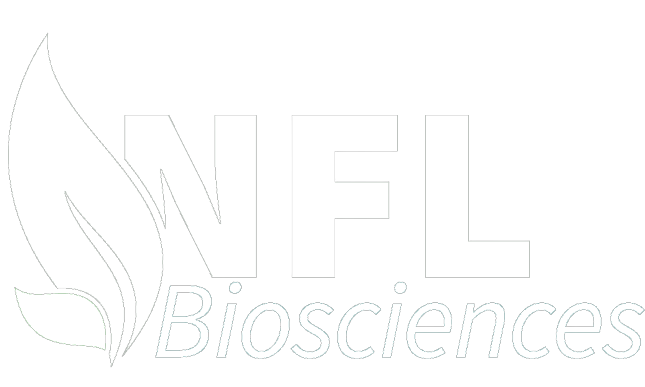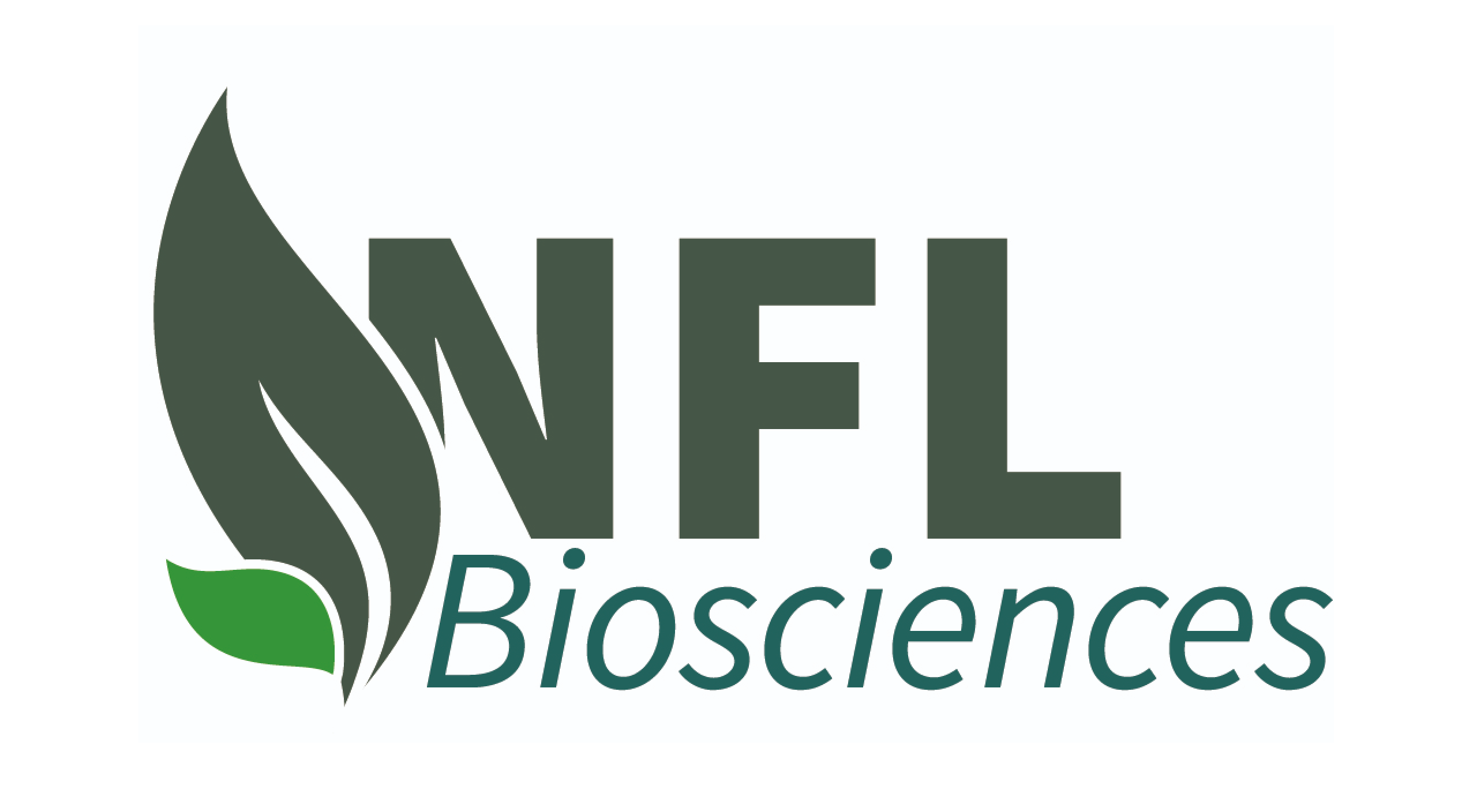Mission

Botanical medicines, because of their natural origin, their often superior safety profiles to synthetic drugs, their versatility in treating a wide range of health problems, and their holistic approach, are a valuable alternative in modern medicine. Traditional chinese and ayurvedic medicines have long used herbal remedies for a variety of ailments. Contemporary examples include Sativex®, derived from cannabis, to treat spasticity associated with multiple sclerosis, and Tanakan®, extracted from ginkgo biloba, to promote blood circulation and cognition.
When it comes to managing addictions, particularly smoking, botanical medicines play a key role. Nicotine, an alkaloid originally extracted from tobacco, is involved in the initiation and maintenance of addiction, but is also used in smoking cessation by substitution in the form of patches or chewing gums. Cytisine, an alkaloid extracted from laburnum seeds, was used in Eastern Europe during the Second World War to help soldiers quit smoking, and remains available in some countries, with a marketing authorization application in preparation in the United States. Varenicline, a synthetic molecule marketed under the name Chantix®/Champix®, was developed by Pfizer to reproduce the properties of cytisine, but its use is associated with adverse effects.
© NFL Biosciences 2023 – Mentions légales – Confidentialités & Conditions générales d’utilisation – Plan du site
Fait par Studio Vitamine


